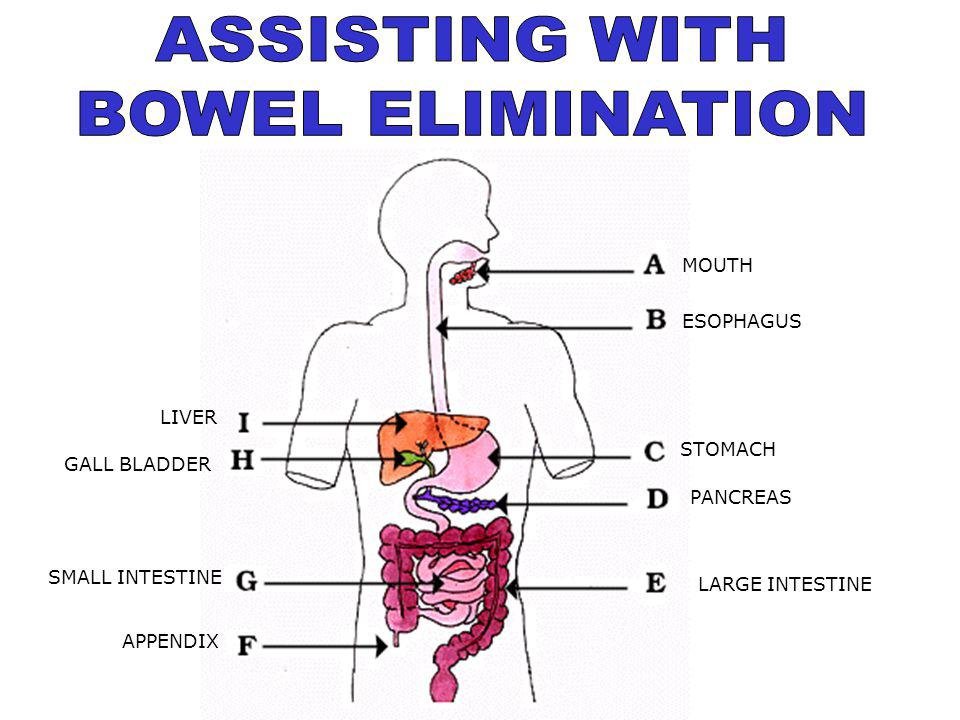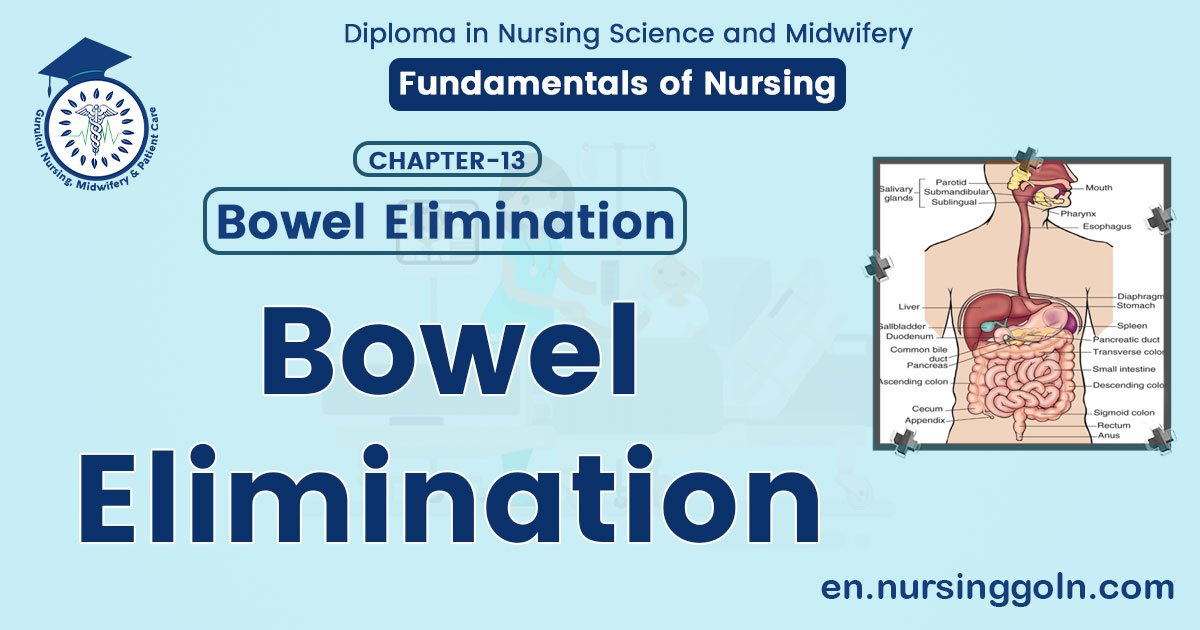Bowel Elimination – Nursing is a profession within the healthcare sector focused on the care of individuals, families, and communities so they may attain, maintain, or recover optimal health and quality of life. Nurses may be differentiated from other healthcare providers by their approach to patient care, training, and scope of practice. Nurses practice in many specialisms with differing levels of prescriber authority.
Many nurses provide care within the ordering scope of physicians, and this traditional role has shaped the public image of nurses as care providers. However, nurses are permitted by most jurisdictions to practice independently in a variety of settings depending on training level. In the postwar period, nurse education has undergone a process of diversification towards advanced and specialized credentials, and many of the traditional regulations and provider roles are changing.
Nurses develop a plan of care, working collaboratively with physicians, therapists, the patient, the patient’s family, and other team members, that focus on treating illness to improve quality of life. Nurses may help coordinate the patient care performed by other members of an interdisciplinary healthcare team such as therapists, medical practitioners, and dietitians. Nurses provide care both interdependently, for example, with physicians, and independently as nursing professionals.
Bowel Elimination
Definition of Bowel Elimination:
Elimination of the waste products from the body as a result of ingestion, digestion and absorption of food and fluids is a normal process essential to health is known as bowel elimination.
or
Bowel elimination is a natural process critical to human functioning in which body excretes waste products of digestion. It is essential component of the healthy body functioning.
or
Bowel elimination is the act of expelling feces from the body. To do so all the structures of the gastrointestinal tract, especially the components of the large intestine.

Factors Influencing Bowel Elimination
Although elimination is a natural process, several factors influence bowel elimination process. Some of the factors that influence are as follows:
1. Age: affects both elimination and ability to control it. Children lack elimination control, while we lose the same as we age. Elderly people experience reduced muscle torus, causing difficulty in elimination leading to constipation.
2. Diet: it is the main factor that affects this process. High fiber diets and fruits enhance elimination while malnutrition causes abnormalities of GI system. Low fiber foods cause constipation.
3. Fluid: equally important as diet; more fluid means less constipation and proper bowel movements and vice versa.
4. Physical and psychological factors: physical activity aids in maintaining proper muscle tone whereas psychological stress exerts adverse effects.
5. Temperature: Elevated temperature results in dehydration and consequently constipation.
6. Other factors that influence bowel movements are personal habits, pain, position, pregnancy, surgery and anesthesia, and medications.
7. Interventions that aid to restore altered bowel elimination are laxatives and cathartics, enemas, suppositories, and digital removal
Another Answer for SAO
A. Factors promoting elimination
- Stress free environment.
- Privacy.
- High fibre diet.
- Normal fluid intake.
- Exercise
- Squatting position.
- Proper laxatives
B. Factors impairing elimination :
- Emotional stress.
- Lack of privacy.
- High carbohydrate, high fat diet.
- Reduce fluid intake.
- Immobility.
- Inability to squat.
- Use of narcotic analgesics.
Common Alternations/Problems in Bowel Elimination:
Patients often have temporary and chronic problem with bowel elimination and intestinal function. There are five common problems of fecal elimination. Such as –
- Constipation
- Fecal impaction
- Diarrhea
- Fecal incontinence.
- Flatulence
